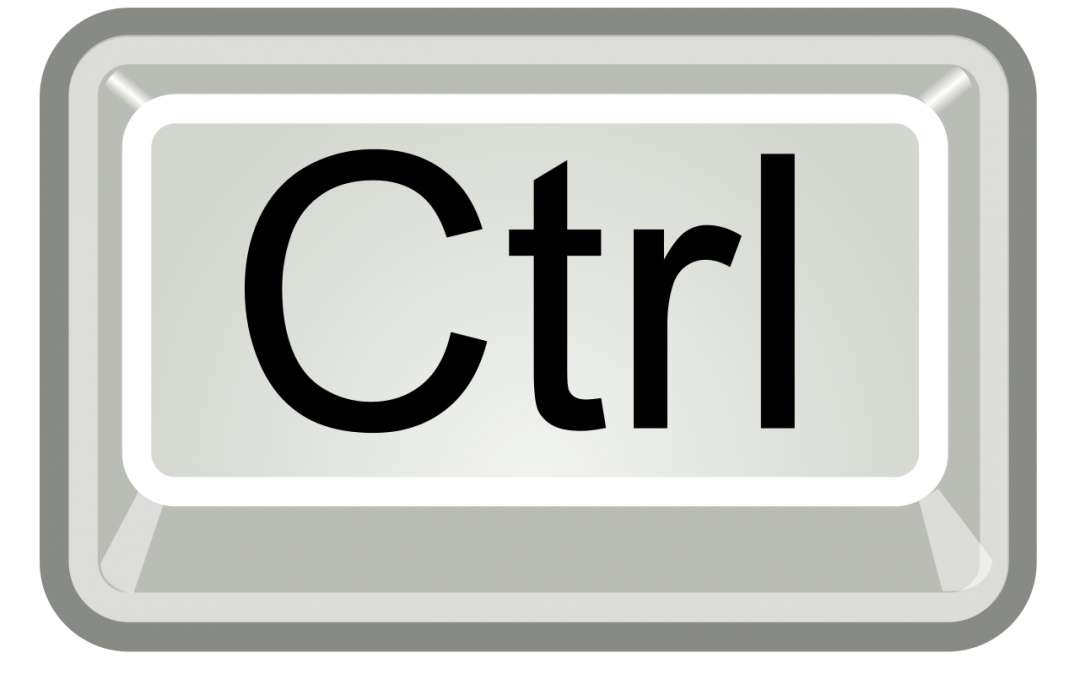


It’s sometimes argued that the illusion of control is beneficial because it can encourage people to take responsibility. We feel better when we can do something that feels like it might have an effect (even if it doesn’t). It’s probably just as well: they help boost people’s illusion of control.

Since the late 80s all the traffic signals have been controlled by computer, but the city won’t pay to have the buttons removed. It’s like pedestrians in New York who still press the button to get the lights to change, despite the fact they do nothing. When participants willed the player to make the shot, and they did, they felt it was partly down to them, even though they couldn’t possibly be having any effect. In one study participants watched another person try to shoot a miniature basketball through a hoop ( Pronin et al., 2006). Sometimes the illusion of control manifests as magical thinking. They conclude that "the illusion of personal control might be one of the ways in which power often leads to its own demise.Although most of us know and accept this, we still harbour an inkling that maybe it does matter which numbers we choose. But the relationship between power and illusory control might also contribute directly to losses in power, by causing leaders to make poor choices. The authors note that positive illusions can be adaptive, helping power holders make the seemingly impossible possible. These results, reported in Psychological Science, a journal of the Association for Psychological Science, have implications for how power, once attained, is maintained or lost. Each and every participant in the high power group chose to roll the dice themselves compared to less than 70% of low power and neutral participants, supporting the notion that simply experiencing power can lead an individual to grossly overestimate their abilities, in this case, influencing the outcome of the roll by personally rolling the dice. Furthermore, the notion of being able to control a 'chance' result led to unrealistic optimism and inflated self-esteem."įor example, in one experiment, power holders were presented with a pair of dice, offered a reward for predicting the outcome of a roll, and then asked if they would like to roll the dice or have someone else do it for them. "We conducted four experiments exploring the relationship between power and illusory control - the belief that one has the ability to influence outcomes that are largely determined by chance," said Galinksy, "In each experiment, whether the participant recalled power by an experience of holding power or it was manipulated by randomly assigning participants to Manager-Subordinate roles, it led to perceived control over outcomes that were beyond the reach of the individual. In a new study, Nathanael Fast and Deborah Gruenfeld at Stanford Graduate School of Business, Niro Sivanathan at the London Business School and Adam Galinsky at the Kellogg School of Management at Northwestern University, show that power can literally "go to one's head," causing individuals to think they have more personal control over outcomes than they, in fact, do. The consequences of these tendencies, especially when present in the world's most powerful leaders, can be devastating.

Even ordinary people seem to take on an air of invincibility after being promoted to a more powerful position. CEOs of Fortune 500 companies routinely overestimate their capacity to turn mergers and acquisitions into huge profits, leading to financial losses for themselves, their companies, and their stockholders.


 0 kommentar(er)
0 kommentar(er)
